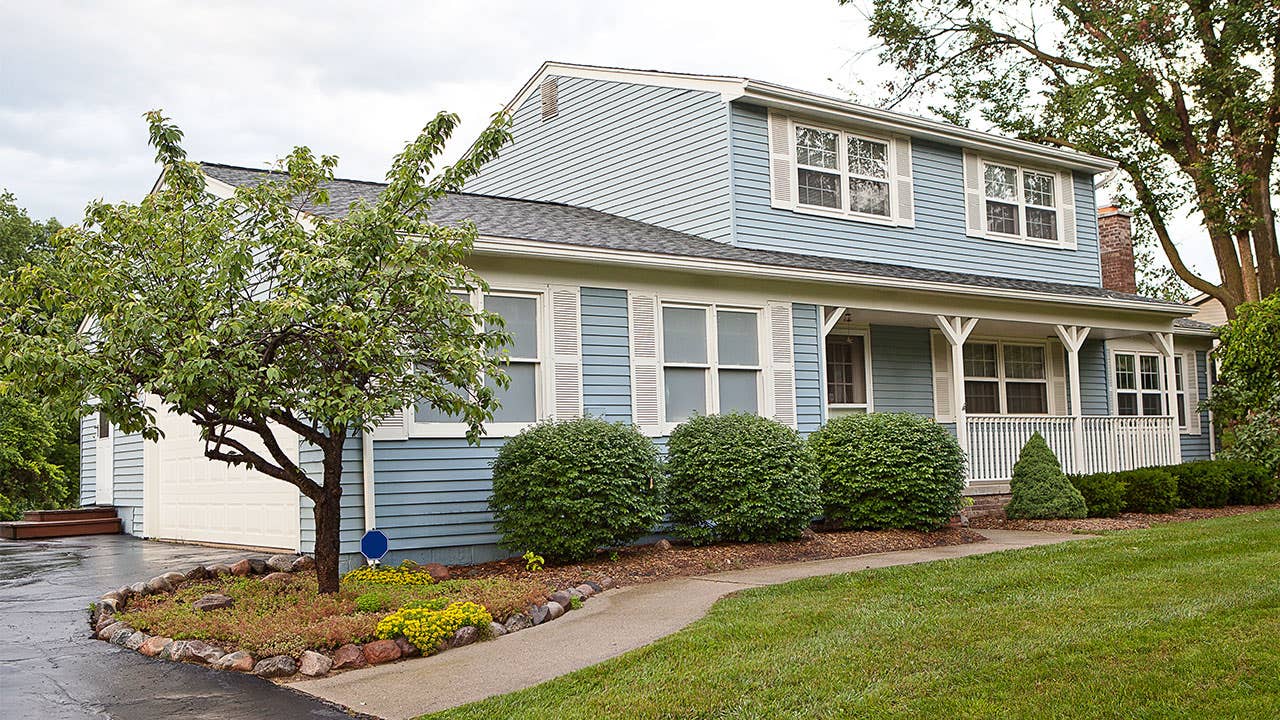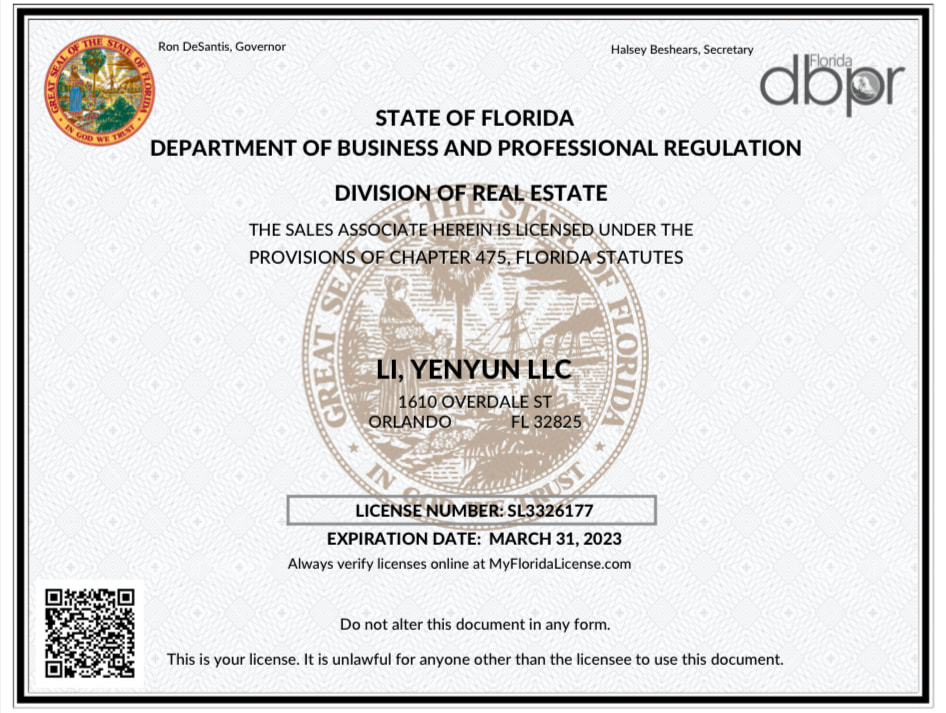
When you're selling a house in Michigan, you'll pay a real estate commission. The type of house you are selling will affect the amount you pay. A negotiation with your agent will help you to get a more affordable rate. It is a good idea to work with a low-commission broker.
A realtor earns a 5%-6% commission for selling a house. This commission is often split between the seller/buyer. It's important to understand how the percentage will vary by city and price. Your real estate commission will be higher if your home is more expensive.
First, consult a Michigan realtor if selling your Michigan home is something you want to do. You can get an estimate of the cost of your home on the open market from a realtor. Often, the price of a house can be reduced through a number of factors. The biggest factor that affects the cost of a house is its commission. It is possible to save thousands of dollars by taking the time and finding a realtor who will offer a reduced commission.

Michigan has an average real estate agent commission of 6%. It is higher than the national average at 5.37%. You may be able negotiate a lower fee depending on where you live. Your agent's experience may influence the commission. While more experienced agents are less likely to bargain, there are still some options for you.
Some sellers prefer to work for a brokerage with a reduced commission structure. For example, Houzeo is a popular platform for listing homes for sale in Michigan. Home buyers have the ability to view all available properties online, submit an offer and negotiate directly with an agent. You can avoid paying high commissions with the 100% virtual service.
A brokerage that charges 1% for listing fees is another option. This fee can be as low as 27% compared to the average rate. Clever Real Estate can be one example. They can match you with top-rated agent. They will help you negotiate the listing fee and sell your house.
Most home transactions in the US involve a licensed real estate agent. Agents can help buyers and sellers by providing information about the property, including how to order photos and show it. These services are often available at a discounted price to homeowners. As the country's property market recovers, homeowners are willing to pay more for these services.

Many real-estate brokerages offer a range benefits packages. These can include an agent salary package, insurance coverage, and other types of financial support. Both buyers and sellers will benefit from choosing a broker.
Michigan's average real estate commission is a little higher that the national average. If you want to maximize your profits, you can negotiate a lower rate. You should make sure to investigate your agent before you sign anything.
FAQ
Should I use a mortgage broker?
A mortgage broker is a good choice if you're looking for a low rate. A broker works with multiple lenders to negotiate your behalf. Some brokers receive a commission from lenders. Before you sign up for a broker, make sure to check all fees.
How long does it usually take to get your mortgage approved?
It depends on several factors such as credit score, income level, type of loan, etc. It takes approximately 30 days to get a mortgage approved.
What are the benefits of a fixed-rate mortgage?
Fixed-rate mortgages allow you to lock in the interest rate throughout the loan's term. You won't need to worry about rising interest rates. Fixed-rate loans also come with lower payments because they're locked in for a set term.
What is a "reverse mortgage"?
Reverse mortgages are a way to borrow funds from your home, without having any equity. This reverse mortgage allows you to take out funds from your home's equity and still live there. There are two types available: FHA (government-insured) and conventional. You must repay the amount borrowed and pay an origination fee for a conventional reverse loan. If you choose FHA insurance, the repayment is covered by the federal government.
Statistics
- This seems to be a more popular trend as the U.S. Census Bureau reports the homeownership rate was around 65% last year. (fortunebuilders.com)
- The FHA sets its desirable debt-to-income ratio at 43%. (fortunebuilders.com)
- It's possible to get approved for an FHA loan with a credit score as low as 580 and a down payment of 3.5% or a credit score as low as 500 and a 10% down payment.5 Specialty mortgage loans are loans that don't fit into the conventional or FHA loan categories. (investopedia.com)
- Based on your credit scores and other financial details, your lender offers you a 3.5% interest rate on loan. (investopedia.com)
- Over the past year, mortgage rates have hovered between 3.9 and 4.5 percent—a less significant increase. (fortunebuilders.com)
External Links
How To
How to Manage A Rental Property
Renting your home can be a great way to make extra money, but there's a lot to think about before you start. We'll show you what to consider when deciding whether to rent your home and give you tips on managing a rental property.
Here's how to rent your home.
-
What do I need to consider first? You need to assess your finances before renting out your home. If you have debts, such as credit card bills or mortgage payments, you may not be able to afford to pay someone else to live in your home while you're away. You should also check your budget - if you don't have enough money to cover your monthly expenses (rent, utilities, insurance, etc. It might not be worth the effort.
-
What is the cost of renting my house? The cost of renting your home depends on many factors. These factors include the location, size and condition of your home, as well as season. Keep in mind that prices will vary depending upon where you live. So don't expect to find the same price everywhere. Rightmove shows that the median market price for renting one-bedroom flats in London is approximately PS1,400 per months. This means that your home would be worth around PS2,800 per annum if it was rented out completely. This is a good amount, but you might make significantly less if you let only a portion of your home.
-
Is it worthwhile? Although there are always risks involved in doing something new, if you can make extra money, why not? Be sure to fully understand what you are signing before you sign anything. Your home will be your own private sanctuary. However, renting your home means you won't have to spend as much time with your family. Make sure you've thought through these issues carefully before signing up!
-
Are there any advantages? There are benefits to renting your home. There are plenty of reasons to rent out your home: you could use the money to pay off debt, invest in a holiday, save for a rainy day, or simply enjoy having a break from your everyday life. You will likely find it more enjoyable than working every day. You could make renting a part-time job if you plan ahead.
-
How can I find tenants? Once you've made the decision that you want your property to be rented out, you must advertise it correctly. Online listing sites such as Rightmove, Zoopla, and Zoopla are good options. Once you receive contact from potential tenants, it's time to set up an interview. This will allow you to assess their suitability, and make sure they are financially sound enough to move into your house.
-
How do I ensure I am covered? If you're worried about leaving your home empty, you'll need to ensure you're fully protected against damage, theft, or fire. You will need insurance for your home. This can be done through your landlord directly or with an agent. Your landlord will typically require you to add them in as additional insured. This covers damages to your property that occur while you aren't there. If you are not registered with UK insurers or if your landlord lives abroad, however, this does not apply. You will need to register with an International Insurer in this instance.
-
Sometimes it can feel as though you don’t have the money to spend all day looking at tenants, especially if there are no other jobs. You must put your best foot forward when advertising property. Make sure you have a professional looking website. Also, make sure to post your ads online. Also, you will need to complete an application form and provide references. Some people prefer to do the job themselves. Others prefer to hire agents that can help. In either case, be prepared to answer any questions that may arise during interviews.
-
What do I do when I find my tenant. If you have a contract in place, you must inform your tenant of any changes. You can negotiate details such as the deposit and length of stay. It's important to remember that while you may get paid once the tenancy is complete, you still need to pay for things like utilities, so don't forget to factor this into your budget.
-
How do I collect my rent? When it comes time for you to collect your rent, check to see if the tenant has paid. You'll need remind them about their obligations if they have not. Any outstanding rents can be deducted from future rents, before you send them a final bill. If you're having difficulty getting hold of your tenant you can always call police. They won't normally evict someone unless there's been a breach of contract, but they can issue a warrant if necessary.
-
How can I avoid potential problems? While renting out your home can be lucrative, it's important to keep yourself safe. Make sure you have carbon monoxide detectors installed and security cameras installed. Also, make sure you check with your neighbors to see if they allow you to leave your home unlocked at night. You also need adequate insurance. You should never allow strangers into your home, no matter how they claim to be moving in.